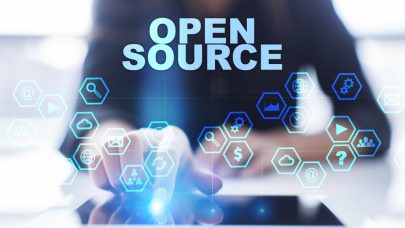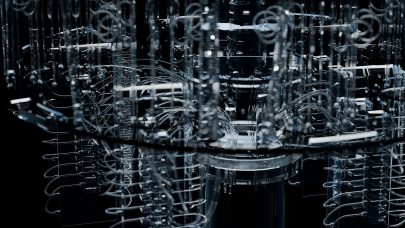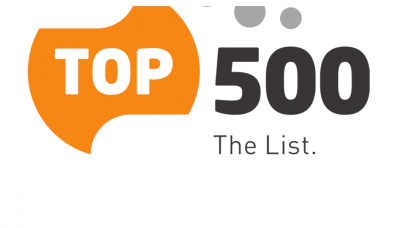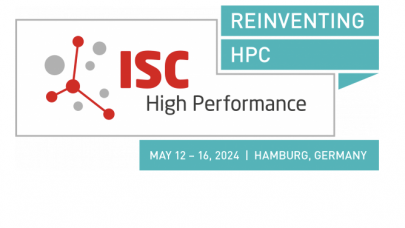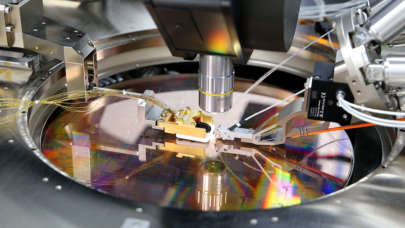Oct. 27, 2022 — The University of California San Diego has been selected to join the Eric and Wendy Schmidt AI in Science Postdoctoral Fellowship, a program of Schmidt Futures, to accelerate the next scientific revolution by applying AI to research in science, technology, engineering and mathematics (STEM).
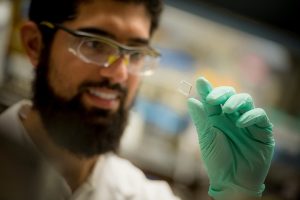
New methods in advanced computing and AI are increasingly contributing to revolutionary tools in scientific research and discovery. However, the current adoption of AI in scientific and engineering research is slow, unevenly distributed and inconsistent. Increasing the shared knowledge and application of AI in STEM fields can shift the way that researchers consider questions and solve problems, improving analysis and increasing automation, thus broadening the scope and accelerating the speed of research.
The fellowship will seek to change how science is done by accelerating the incorporation of AI techniques into the natural sciences, engineering and mathematical science, providing access to AI tools and training to the sharpest minds on the frontlines of scientific innovation. The Eric and Wendy Schmidt AI in Science Postdoctoral Fellowship, a program of Schmidt Futures, adds to the organization’s efforts totaling $400 million to support talent that is developing and using AI in innovative ways to make the world better.
The program will initially support approximately 160 postdoctoral fellows across nine universities around the world each year, to learn and apply AI methods to their research. UC San Diego will select a new cohort of postdoctoral scholar fellows each year for six years.
“UC San Diego is uniquely positioned to leverage its existing foundation of research expertise and multi-disciplinary institutional infrastructure to accelerate the adoption of AI in the STEM fields,” said Chancellor Pradeep K. Khosla. “The generous support from Schmidt Futures will allow the campus to contribute even further to an expanded global cohort of scientific leaders trained with a firm grounding in the application of AI in their respective fields, ultimately with the goal of benefiting humanity.”
UC San Diego is home to cross-disciplinary AI research entities including the UC San Diego Center for Machine Intelligence, Computing and Security (MICS), Bridge2AI: Cell Maps for AI (CM4AI) Data Generation Project, TILOS AI Institute, MRSEC Materials Engineering Center and EnCORE TRIPOD program, as well as campus academic units that work with AI technology including the Halıcıoğlu Data Science Institute (HDSI) and Qualcomm Institute. Furthermore, UC San Diego’s academic departments have a long history in education and instruction for undergraduate and graduate students in quantitative methods, computing, information and data science.
With support from Schmidt Futures, UC San Diego will be able to provide additional advanced AI training, funded research support and professional development opportunities – both to shape research across UC San Diego campus and to help build a global network of AI-trained scientists.
“Scientific innovation today is too often defined by new use cases for existing technologies or refining previous advancements, rather than the creation of entirely new fields of discovery,” said Eric Schmidt, co-founder of Schmidt Futures. “This is why we need to accelerate the next global scientific revolution – by supporting broad and deep incorporation of AI techniques into scientific and engineering research.”
Expanding the Schmidt Futures portfolio of AI programs like AI2050, AI Accelerator and more, this fellowship will broaden the range of human capabilities by supporting new approaches to scientific discovery and innovation through the rapid combination of AI methods towards STEM research. The fellowship aims to create breakthroughs across a range of scientific fields – from creating new drugs to fight disease, to detecting some of the faintest objects in the solar system, to helping produce and store energy more efficiently.
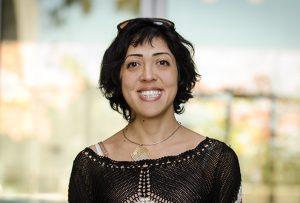
The Schmidt AI in Science Postdoctoral Fellowship program at UC San Diego will be led by Tara Javidi, a professor in the Department of Electrical and Computer Engineering in the Jacobs School of Engineering, as well as a Jacobs Family Scholar and Halıcıoğlu Data Science Institute fellow. She also co-leads UC San Diego’s MICS and TILOS AI Institute. Spearheading the education and training aspects of the program will be Javidi, joined by Ilkay Altinas, director of UC San Diego’s Workflows for Data Science (WorDS) Center of Excellence, chief data science officer at the San Diego Supercomputer Center (SDSC) and a founding fellow at the Halıcıoğlu Data Science Institute.
“We are grateful to Schmidt Futures for this generous support and visionary partnership to establish the Schmidt AI in Science Postdoctoral Fellowship at UC San Diego,” said Javidi. “I am particularly excited because this program recognizes the pioneering role postdoctoral scholars can uniquely play. This program will enable us to expand the most successful elements of our existing AI and postdoc programs to build an intellectually stimulating ecosystem of co-mentorship and AI training. I cannot wait to learn about the breakthrough research this stellar new generation of postdoctoral scholars in engineering and natural and biomedical sciences will lead.”
The program will span research fields and entities across campus, from chemistry and biomedical sciences, to climate sciences and structural engineering. STEM faculty champions – and some of the world’s most highly respected researchers in their scientific fields – who will be involved the program include: Rommie Amaro, Chemistry/Biochemistry; Trey Ideker, Biomedical Sciences; Ralph Keeling, Climate Sciences; Shyue Ping Ong, Nanoengineering; Gentry Patrick, Neurobiology; Andrea Tao, Nanoengineering; Michael Todd, Structural Engineering; Elizabeth Villa, Molecular Biology/Biological Sciences; and Frank Wuerthwein, Physics.
AI/method faculty champions at UC San Diego include: Mikhail Belkin, Computer Science and Engineering and Halıcıoğlu Data Science Institute; Jelena Bradic, Statistics and Halıcıoğlu Data Science Institute; Julian McAuley, Computer Science and Engineering; Alon Orlitsky, Electrical and Computer Engineering; Piya Pal, Electrical and Computer Engineering; Barna Saha, Computer Science and Engineering and Halıcıoğlu Data Science Institute; Rose Yu, Computer Science and Engineering and Halıcıoğlu Data Science Institute. The advisory committee will also include David Danks, Philosophy and Halıcıoğlu Data Science Institute, who will facilitate critical discussions around the broader and societal impacts of AI including research ethics and AI fairness, as well as representation and diversity.
The Eric and Wendy Schmidt AI in Science Postdoctoral Fellowship aligns with the mission of Schmidt Futures. A philanthropic initiative of Eric and Wendy Schmidt, Schmidt Futures bets early on exceptional people making the world better through building a network of the sharpest minds on Earth — helping them to solve hard problems in science and society by connecting them across fields, bringing multiple types of capital to bear, and applying modern tools and technology thoughtfully.
“AI is already revolutionary – but it is not yet as accessible, equitable or interdisciplinary as it needs to be,” said Wendy Schmidt, co-founder of Schmidt Futures and president of The Schmidt Family Foundation. “By supporting postdoctoral candidates around the world in fields beyond computer science, we hope to create a community that can develop and improve this technology and find novel ways to apply it in solving some of the world’s most pressing problems.”
In its inaugural year, the global initiative is supporting universities across the U.S., Canada, the United Kingdom and Singapore, with plans to expand to additional countries in the future. Schmidt Futures proudly introduces the inaugural cohort of universities:
- The University of Toronto
- Nanyang Technological University
- National University of Singapore
- University of Oxford
- Imperial College London
- Cornell University (U.S.)
- University of California San Diego
- University of Chicago
- University of Michigan
“The Eric and Wendy Schmidt AI in Science Postdoctoral Fellowship, a program of Schmidt Futures, will create an immediate acceleration of AI applications across several disciplines,” said Stuart Feldman, chief scientist of Schmidt Futures. “The fellowship will provide these postdoctoral fellows with the advanced tools to increase the scope and speed of their research while discovering new and innovative use cases for AI within their field and create an ecosystem of scientific networks that will support them and their work.
Source: Jade Griffin, UCSD





























